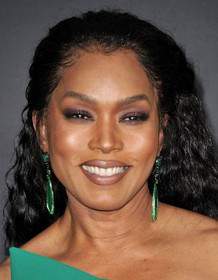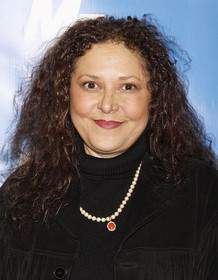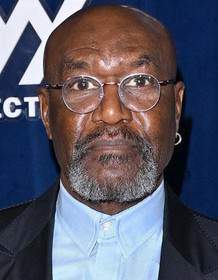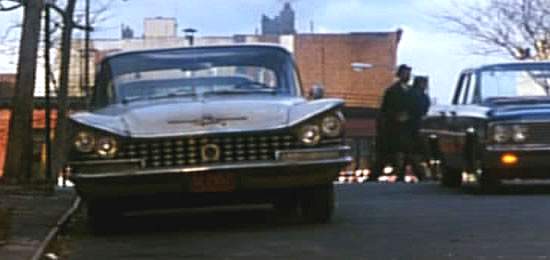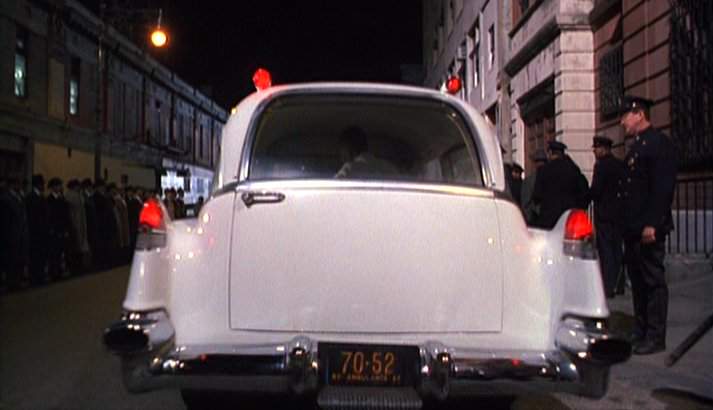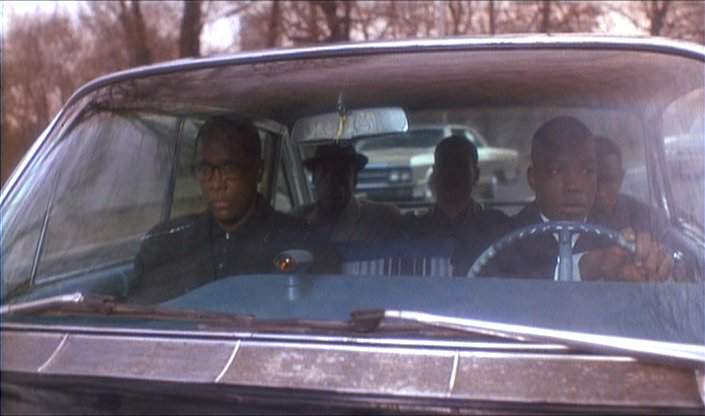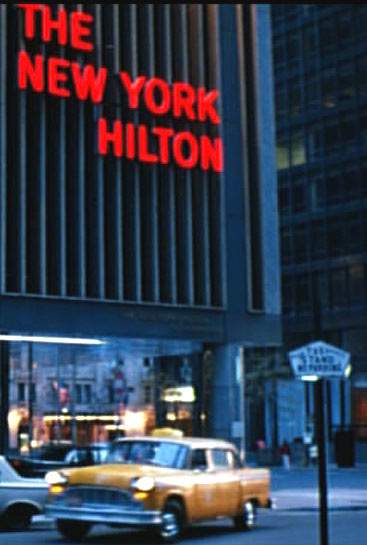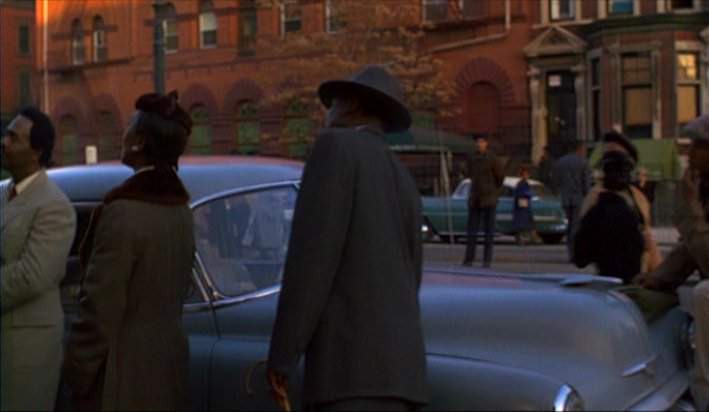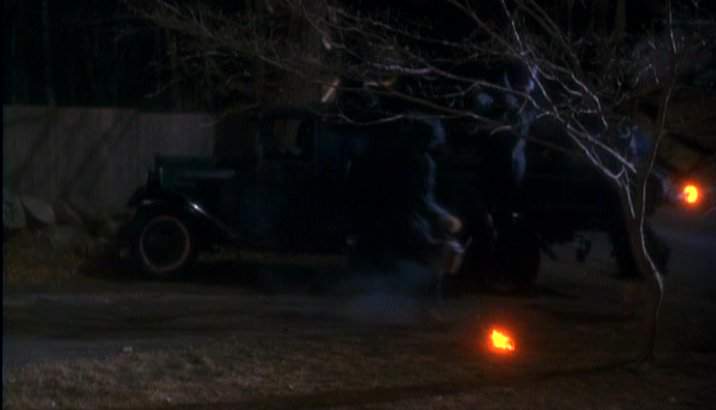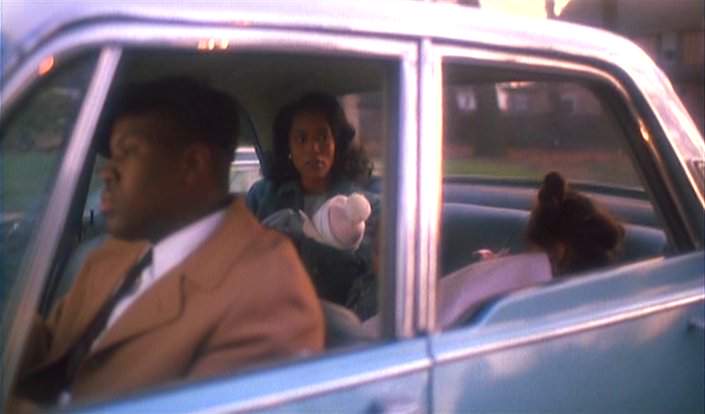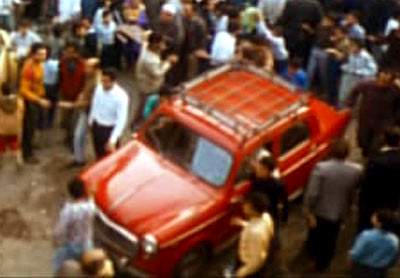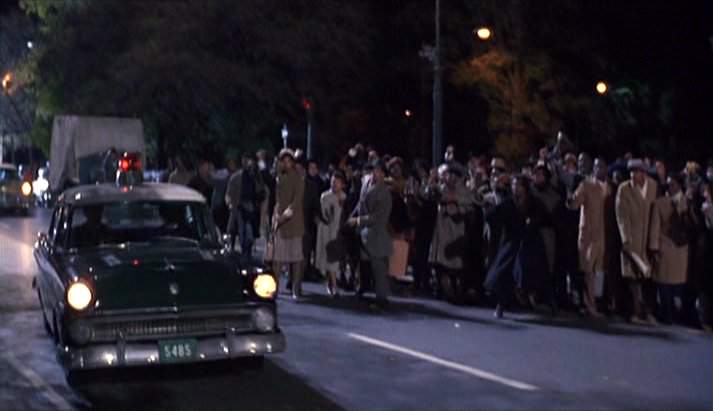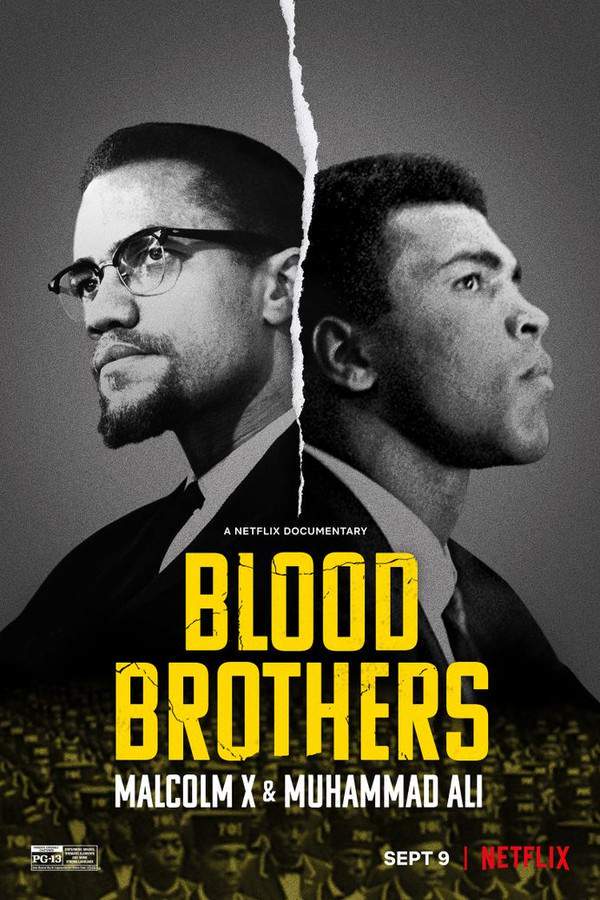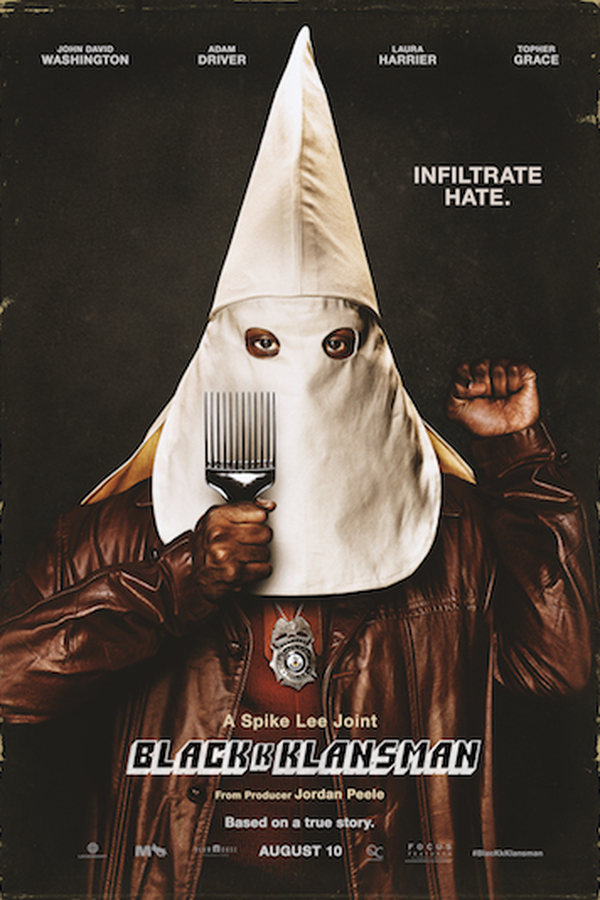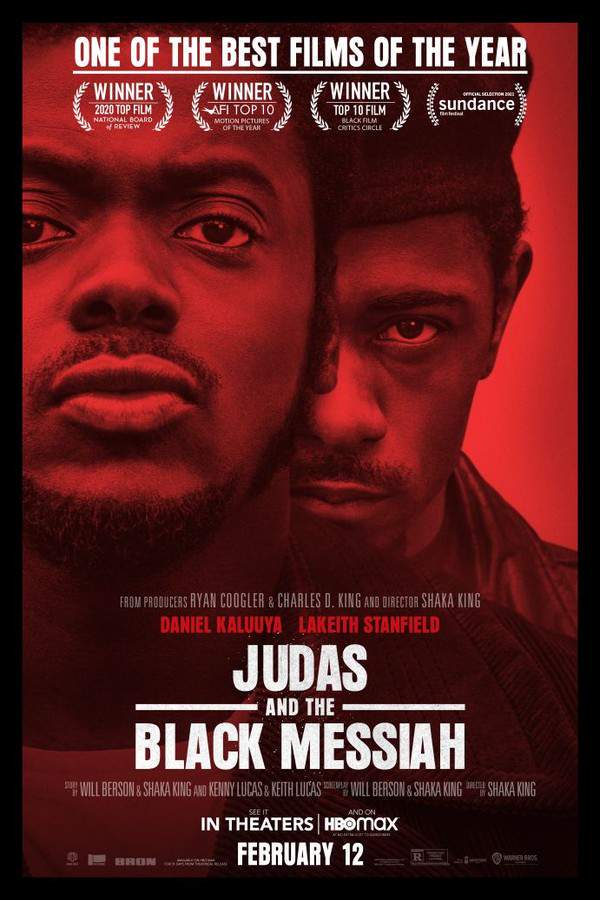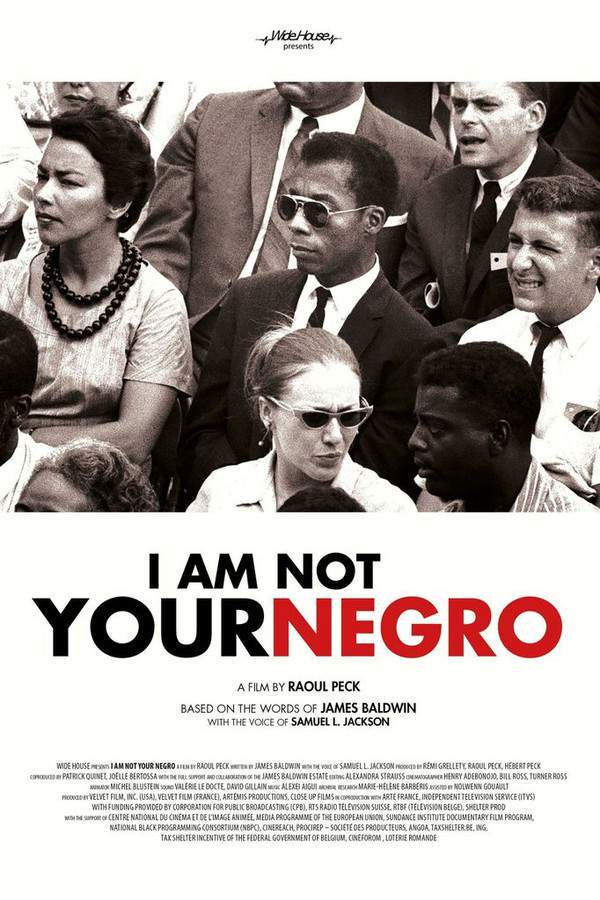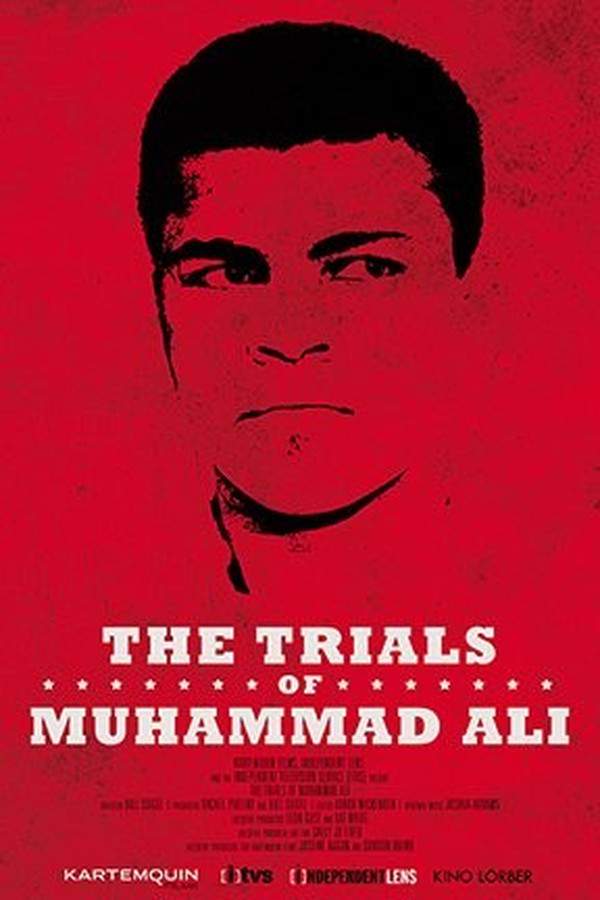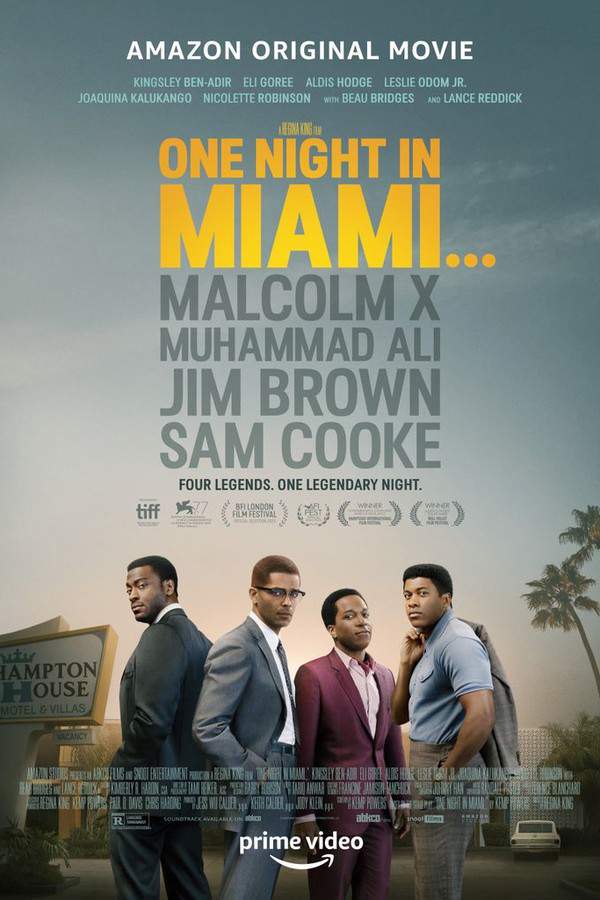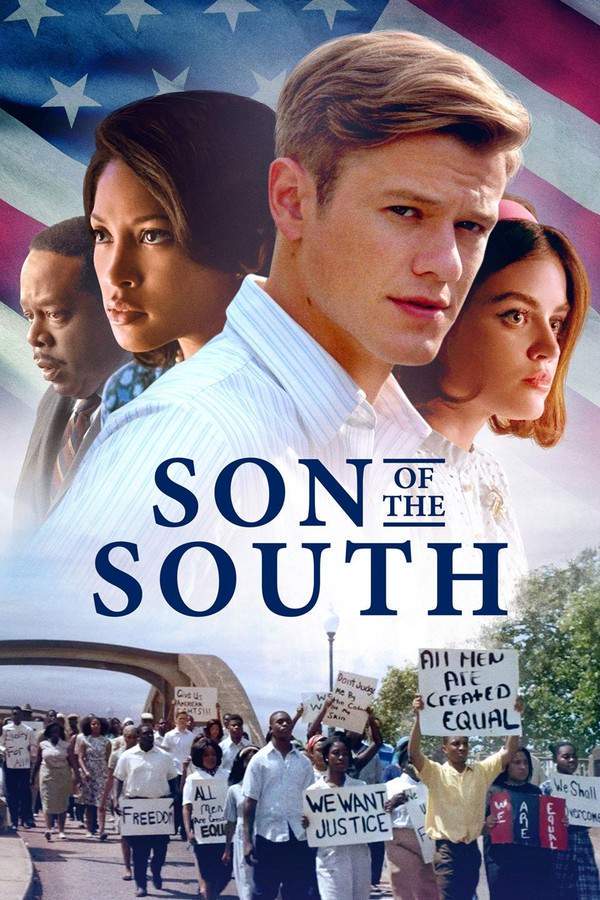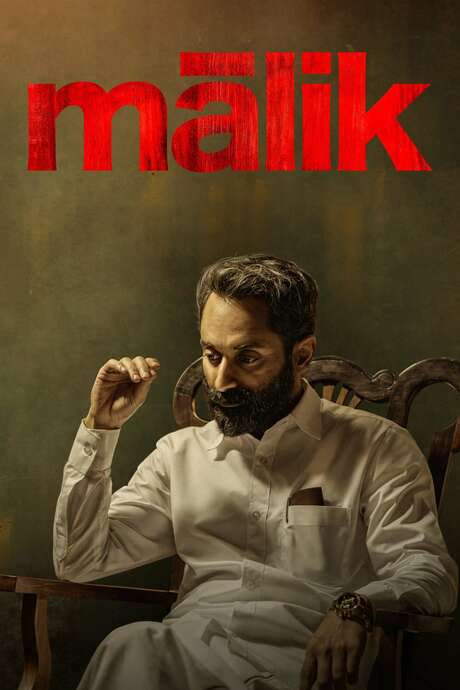Malcolm X 1992

This powerful biography explores the life of Malcolm X, a pivotal figure in the Civil Rights Movement. Directed by Spike Lee and featuring a commanding performance by Denzel Washington, the film examines his controversial journey from a young hustler to a passionate advocate for Black empowerment. It delves into his evolving beliefs, his impact on a nation grappling with racial inequality, and the complexities of his legacy.
Does Malcolm X have end credit scenes?
No!
Malcolm X does not have end credit scenes. You can leave when the credits roll.
Meet the Full Cast and Actors of Malcolm X
Explore the complete cast of Malcolm X, including both lead and supporting actors. Learn who plays each character, discover their past roles and achievements, and find out what makes this ensemble cast stand out in the world of film and television.
External Links and Streaming Options
Discover where to watch Malcolm X online, including streaming platforms, rental options, and official sources. Compare reviews, ratings, and in-depth movie information across sites like IMDb, TMDb, Wikipedia or Rotten Tomatoes.
Ratings and Reviews for Malcolm X
See how Malcolm X is rated across major platforms like IMDb, Metacritic, and TMDb. Compare audience scores and critic reviews to understand where Malcolm X stands among top-rated movies in its genre.

73
Metascore
7.6
User Score

7.7 /10
IMDb Rating

75
%
User Score
Take the Ultimate Malcolm X Movie Quiz
Challenge your knowledge of Malcolm X with this fun and interactive movie quiz. Test yourself on key plot points, iconic characters, hidden details, and memorable moments to see how well you really know the film.
Malcolm X Quiz: Test your knowledge on the powerful story and legacy of Malcolm X as depicted in the 1992 film.
Who portrayed Malcolm X in the 1992 film?
Denzel Washington
Samuel L. Jackson
Laurence Fishburne
Jamie Foxx
Show hint
Awards & Nominations for Malcolm X
Discover all the awards and nominations received by Malcolm X, from Oscars to film festival honors. Learn how Malcolm X and its cast and crew have been recognized by critics and the industry alike.
65th Academy Awards 1993

Costume Design
50th Golden Globe Awards 1993

Full Plot Summary and Ending Explained for Malcolm X
Read the complete plot summary of Malcolm X, including all major events, twists, and the full ending explained in detail. Explore key characters, themes, hidden meanings, and everything you need to understand the story from beginning to end.
As the opening credits commence, the powerful voice of Malcolm X resonates, delivering a compelling speech that boldly addresses the oppression faced by the Black community as a result of white supremacy, directly accusing whites of acts ranging from murder to slavery. This stark narrative is interwoven with gritty footage from 1991, showcasing the brutal beating of Rodney King by police officers, while an American flag burns into an “X”.
We are transported to the Roxbury neighborhood of Boston in the early 1940s, a time when World War II is on the horizon. Here, a young Malcolm Little meets his friend Shorty at a local barber shop, seeking to straighten his hair in hopes of appearing more acceptable to whites. This painful and demeaning process uses a harsh mixture of eggs and lye, leading Malcolm to admire his reflection as he and Shorty step onto the streets clad in vivid “zoot” suits.
In a revealing flashback, Malcolm reflects on his impoverished upbringing in rural Nebraska. He recounts the harrowing moment his family’s home was attacked by the Ku Klux Klan—seeking his father’s life, who was a devoted minister and activist. Tragically, Malcolm’s father was murdered, an act the authorities deemed a mere suicide. His mother, Louise, of mixed Caribbean and European heritage, later faced her own struggles, ending up institutionalized, leaving Malcolm and his siblings to fend for themselves.
Young Malcolm, brimming with potential, aspired to be a lawyer, yet was met with the disheartening reality of racism when a teacher deemed such ambitions “impractical.” Fast forward to 1944, where Malcolm and Shorty, alongside their girlfriends, visit a lively jitterbug club. There, Malcolm encounters Sophia, a white woman enthralled by him. Despite having a devoted girlfriend in Laura, Malcolm’s attention shifts toward Sophia, marked by a troubling interaction that reveals his implicit racial prejudices.
As Malcolm secures employment with a local railroad, he finds himself in Harlem, New York. Here, he meets West Indian Archie, a notorious figure involved in illegal activities, who traps Malcolm in a perilous bet. This chance encounter marks Malcolm’s dive into the world of organized crime, leading to his eventual fallout with Archie after a pivotal betrayal.
Exploring a new path of crime, Malcolm and Shorty embark on a sequence of thefts, driven by desperation and survival. However, their fateful decision ultimately lands them in court, facing a drastically unequal sentencing that sees them imprisoned for several years. In prison, Malcolm’s tough exterior is challenged by Baines, a member of the Nation of Islam, who ignites his journey toward self-discovery.
At first resistant, Malcolm gradually warms to Baines’ teachings about the dynamics of race, language, and the oppressive structures of society. His reluctant acceptance culminates in a profound epiphany, prompting him to embrace Islam and redefine his identity by discarding the surname ‘Little’ and adopting ‘X,’ signifying his lost ancestral roots.
By 1952, now a free man, Malcolm immerses himself in the Nation of Islam’s activities, where he quickly rises to prominence. As he shares his vision with an expanding congregation, he reconnects with Shorty, reaffirming ties to his past while navigating the complexities of his evolving identity. His marriage to Betty Sanders brings new joy, further solidifying his role within the organization. However, Malcolm’s rising influence fosters resentment among others, leading to unforeseen challenges and betrayals, especially after he publicly questions the integrity of Elijah Muhammad and the Nation itself in the wake of personal and political turmoil.
The tragic assassination of President John F. Kennedy sparks further controversy for Malcolm, as he acknowledges its implications within the larger context of systemic violence stemming from a history of racial oppression. Faced with public backlash and intensified scrutiny from within the Nation of Islam, he contemplates his future, culminating in the formation of the Organization for African-American Unity (OAAU) and a transformative trip to Mecca. There, he discovers a universal Islam that transcends racial divides, profoundly changing his perspective on race relations.
Upon returning to America, Malcolm declares an end to advocating for racial separation. This shift, however, places him squarely in the crosshairs of the Nation of Islam, leading to ominous death threats. As tensions heighten, Malcolm prepares for a speaking engagement at the Audubon Ballroom on February 21, 1965, despite foreboding warnings from his allies. Tragically, his commitment to connecting with the community leads to his brutal assassination during his speech, leaving behind a legacy fraught with both hope and tragedy.
The film concludes with poignant reflections on his life, showing how his powerful voice still resonates in the fight for equality, reinforcing his immutable motto: “By any means necessary!”
Uncover the Details: Timeline, Characters, Themes, and Beyond!

Coming soon on iOS and Android
The Plot Explained Mobile App
From blockbusters to hidden gems — dive into movie stories anytime, anywhere. Save your favorites, discover plots faster, and never miss a twist again.
Sign up to be the first to know when we launch. Your email stays private — always.
Watch Trailers, Clips & Behind-the-Scenes for Malcolm X
Watch official trailers, exclusive clips, cast interviews, and behind-the-scenes footage from Malcolm X. Dive deeper into the making of the film, its standout moments, and key production insights.
Cars Featured in Malcolm X
Explore all cars featured in Malcolm X, including their makes, models, scenes they appear in, and their significance to the plot. A must-read for car enthusiasts and movie buffs alike.
Malcolm X Themes and Keywords
Discover the central themes, ideas, and keywords that define the movie’s story, tone, and message. Analyze the film’s deeper meanings, genre influences, and recurring concepts.
Malcolm X Other Names and Titles
Explore the various alternative titles, translations, and other names used for Malcolm X across different regions and languages. Understand how the film is marketed and recognized worldwide.
Similar Movies To Malcolm X You Should Know About
Browse a curated list of movies similar in genre, tone, characters, or story structure. Discover new titles like the one you're watching, perfect for fans of related plots, vibes, or cinematic styles.
Quick Links: Summary, Cast, Ratings, More

What's After the Movie?
Not sure whether to stay after the credits? Find out!
Explore Our Movie Platform
New Movie Releases (2026)
Famous Movie Actors
Top Film Production Studios
Movie Plot Summaries & Endings
Major Movie Awards & Winners
Best Concert Films & Music Documentaries
Movie Collections and Curated Lists
© 2026 What's After the Movie. All rights reserved.



